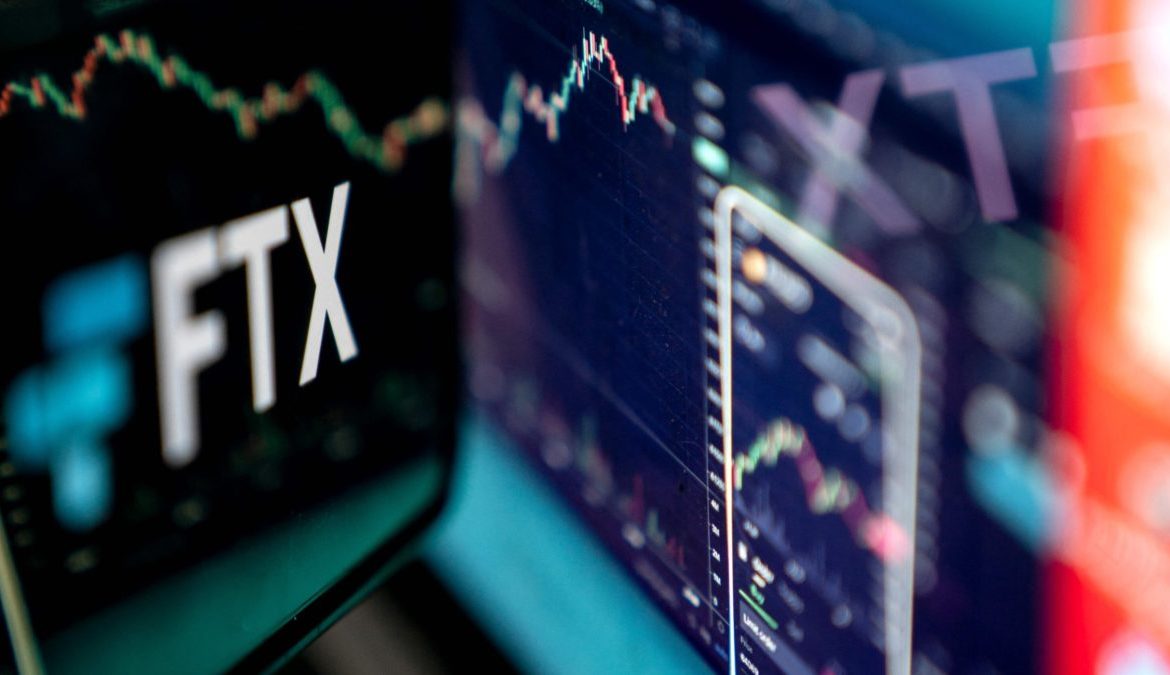The FTX Saga has brought attention to the fact that a significant part of the digital asset industry thrives in regulatory gray zones and jurisdictional gaps, prompting calls for new laws and rules. However, many experts believe that even if FTX was mostly outside US sovereignty, there are already established regulations that might have prevented its demise if they had been followed.
Commingling of Assets
The failure to protect customer assets is at the heart of a series of crypto failures. FXT, which used customer money to bail out risky transactions with Alameda Research, maybe the most blatant example.
The US SEC has a consumer protection regulation to ensure that client assets are sealed off in case of a brokerage company’s failure. On the other hand, the business has resisted registering with the SEC since its tokens are not securities covered by the agency’s stringent constraints.
The Commodity Futures Trading Commission prohibits commingling customer funds, which now regulates certain crypto derivatives. Swaps and futures, not commodities, are covered by the rules. Even though most experts believe Bitcoin is a commodity rather than a security, no federal authority regulates crypto commodities, necessitating legislative action to safeguard consumers.
Separate Lines of Business
To the benefit of consumers, several crypto firms have provided a range of goods and services that blur the lines. The most obvious example is crypto exchanges. The platform also offers market-making, trading, custodianship, and securities lending. The arrangement is rife with conflicts, according to critics like Gensler. On the other hand, traditional financial businesses usually register their distinct business lines with the relevant authorities. Experts agree that this needs to be applied to cryptocurrencies as well.
More Trusted Audit and Disclosure
Risk disclosure in the US financial markets is based on financial regulation. Crypto, on the other hand, lacks disclosure. FTX has dozens of non-US branches, but little information is available about them.
Some state securities administrators have asked Congress to raise reporting standards for firms valued at $700 million. Such a law may give investors a glimpse inside the crypto giants, even if it wasn’t specifically focusing on cryptos. Another option is to treat crypto platforms like stock exchanges with their registration and reporting obligations.
Advertising Requirements and Disclosure
FTX and its alikes drew vast numbers of ordinary individuals with glossy commercials. These included Tom Brady from the Tampa Bay Buccaneers and actor Matt Damon. In February, the Super Bowl saw more than 112 million people watch advertisements from FTTX and other crypto firms.
According to SEC rules, individuals cannot promote securities without disclosing payment information. The agency has the ability to fine celebrities who promote cryptocurrency. However, this will depend on whether it is classified as a security. Deceptive or unfair advertisements might be subject to action by the Federal Trade Commission.
Corporate Governance
The utter lack of corporate governance was one of FTX’s most shocking shortcomings. The Delaware court is in charge of the company’s bankruptcy proceedings. The court probably won’t trust any of the firm’s financial statements by John Ray III, who is now running FTX. He said that the majority of FTX entities never held board meetings.
















